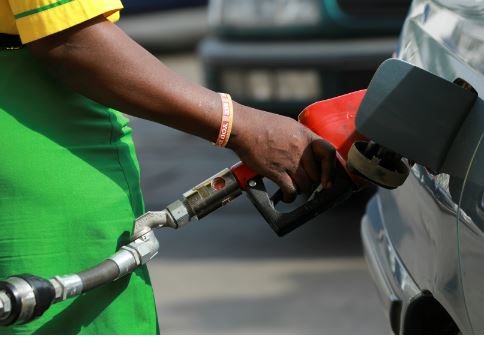
Many in Nigeria are currently questioning the wisdom of President Bola Tinubu administration’s decision to abruptly eliminate the fuel subsidy in mid-2023 without a shock-absorbing plan just as the West African country is experiencing its worst economic crisis in a generation, leading to widespread hardship and anger.
The trade union umbrella group, the Nigeria Labour Congress (NLC), held protests in the main cities earlier this week, calling for more action from the government amid soaring inflation that has seen a litter of petrol more than triple and the price of the staple food more than double in the past year. These two figures highlight the difficulties that many Nigerians are facing as wages have not kept up with the rising cost of living.
But Nigeria’s economic difficulties are not only caused by external factors, but also by issues specific to the country, partly driven by the reforms introduced by the new president when he took office last May. Perhaps Tinubu’s most controversial step was the removal of fuel subsidies on his first day in office, which the World Bank welcomed as “the first step towards restoring macroeconomic stability and creating more fiscal space”.
As the Financial Times reports, nine months after the subsidies were cut, many are questioning the wisdom of abruptly eliminating the subsidies without a shock-absorbing plan and how Tinubu’s government has implemented its post-subsidy strategy. An influential Nigerian newspaper has recently run an editorial asking whether Tinubu should have heeded the International Monetary Fund’s (IMF) advice to cut the subsidies in the first place. But, according to the Financial Times, when the IMF urged Nigeria to cut subsidies, it also advocated for “adequate compensatory measures for the poor and efficient and transparent use of the saved resources”. Nigeria is Africa’s largest economy with a population of more than 210 million people that relies heavily on imports to meet the needs of its rapidly growing population.
